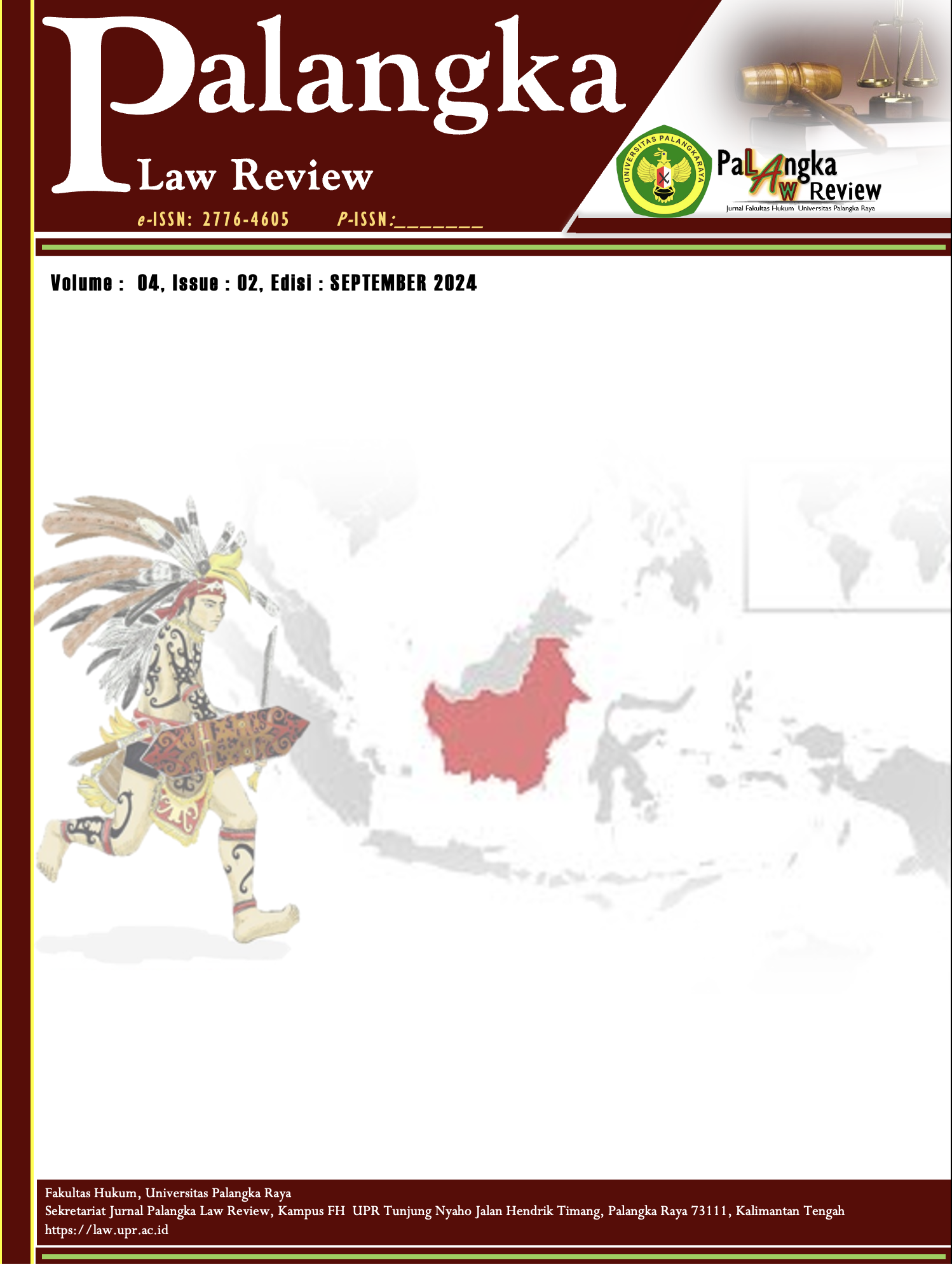Integration of International Civil Law within the Framework of National Law in Indonesia: Challenges and Implications
DOI:
https://doi.org/10.52850/palarev.v4i2.12858Keywords:
Civil Law, International Civil Law, National LawAbstract
The Era of globalization and rapid technological advancements have led to increasingly borderless economic, social, and cultural interactions. The territorial boundaries of a country are no longer significant barriers to the expansion of various human activities, often resulting in civil disputes that involve cross-border elements. This development necessitates the convergence of national legal systems while preserving their unique characteristics. International civil law plays a crucial role in aligning Indonesia's national legal framework to address the complex legal challenges posed by globalization. This paper examines the integration of international civil law within the national legal system of Indonesia, emphasizing the importance of accommodating foreign elements in civil cases. The presence of foreign elements in international civil disputes can be identified through two main factors: (1) Personal factors, where legal actions involve individuals with different nationalities; and (2) Territorial factors, where legal relationships or events occur abroad but involve parties with the same nationality. By analyzing these factors, this study highlights the significant role of international civil law in ensuring that Indonesia's legal system remains adaptive and relevant in an increasingly interconnected global landscape.
Downloads
Downloads
Published
Issue
Section
License
Copyright (c) 2024 Geralda Monalisa

This work is licensed under a Creative Commons Attribution 4.0 International License.





